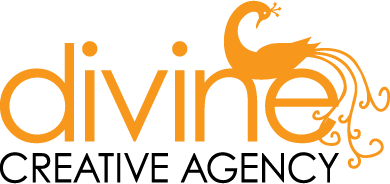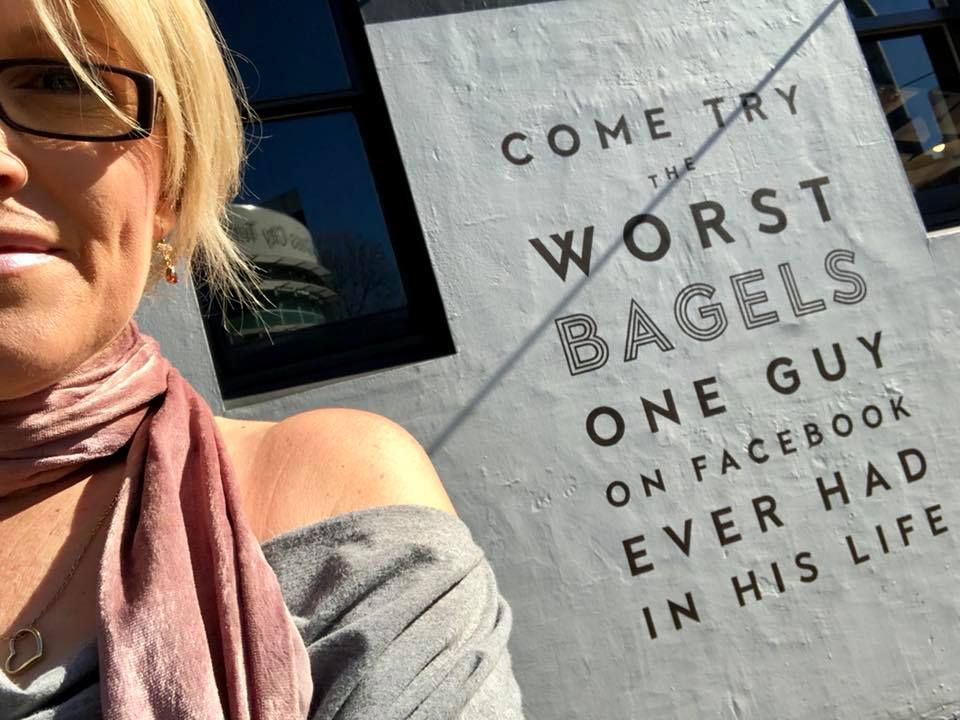Are you struggling with using social media for your business, and figuring which is the right one for your business?
You are not alone, but congratulations on not burying your head in the sand! Social media can work wonderfully for your business, you just need to understand what is the best platform for you and then set about with a basic plan to be consistent with it.
The best way to define social media is to break it down. Media is an instrument on communication, like a newspaper or a radio, so social media would be a social instrument of communication. Therefore, social media is a website that doesn’t just give you information, but interacts with you while giving you that information. This interaction can be as simple as asking for your comments or letting you vote on an article, or it can be as complex as recommending movies or music to you based on the ratings of other people with similar interests.
So you are probably wondering how to best use social media for your business?
Firstly, you need to identify your goals. Like all methods of advertising, if you try to appeal to everyone, you will probably appeal to none. So do your research, get to know who your target market is, study which social media outlet they are most likely to be on and then take your message to them. Understand their patterns, what times they are online and most of all, become their friends. Do not hard sell, there is no greater turn off on social media than seeing a business hard sell their brand message.
Just know that you can’t sell to everyone, so take the time to get to know your audience, connect with them and spend time with the people who actually want to hear your message. And then determine what do you ultimately want from all of these activities? Do you want to bring in new customers? Raise your personal profile in your industry as a thought leader? Lead people back to your website and let that close the deal on your products and services? There are many outcomes you can achieve and it’s best to know what this is right from the get go.
Second step, choose your platforms and set up your profileOnce you’ve articulated your business goals, the next step is to work out which platforms will help you achieve those goals. Don’t be overwhelmed by the sheer numbers of social media tools out there – find out where your clients are (ask them), and where your prospective clients are likely to be, and go there.
And remember that while Facebook and Twitter are the two popular choices for business social media, they are not the only two platforms. Other social media sites such as Instagram, Pinterest and YouTube are the leaders in photos and video marketing, which are hugely popular options for driving traffic and brand awareness.
LinkedIn is still the reigning social network for business to business activities. It too has enjoyed a visual overhaul and is a lot more user friendly than in the past. It is the business focused social media platform that allows you to establish and communicate with networks of people you know and trust professionally.
Once you have decided what platform you are going to operate from, you then need to create a very engaging business/professional profile. Look at what other people are doing and fill in all the possible areas of contact details so it is as easy as possible to do business with you. It is vital what profile picture you us. Too casual and you run the risk of looking unprofessional, but too ‘glamour’ and airbrushed and you just don’t look real. It is best you use a current picture that accurately reflects how you look TODAY, not 10 years ago. Remember, when people do finally get to meet you they don’t want to be confused.
How much time should I invest?While there may be marketing companies specialising in Social Media that tell you that you should be across all platforms, it just isn’t feasible if you are a small – medium sized business owner. We recommend that you choose the social networks that you resonate with, and more importantly, where your target market will be, and do them really well.
It’s best to start with only one or two and become a master of those. Develop a social media marketing strategy and be committed to posting at least once a day just to gain some traction. It is best to pre-plan this once a week when you can schedule in some spare time and set the posts up to go out systematically on pre-scheduled days.
Although you should regularly go back and check your posts for interaction, so you can comment, engage and interact with your audience and enjoy the full benefits that social media can give you and your business brand.
The key to maximising your investment is finding the happy place between the time you put in and the benefit you get out. So, like any other marketing tool track your progress and ask yourself these questions, how much time are you investing? What sort of returns are you getting? Are your target audiences engaging with your posts? And ultimately, Is it generating new business for you?
When should I post?When and how often you post is crucial to the effectiveness of your social media campaigns. There is no tried and true formula, it is important to mix it up a bit and do your own measurements relevant to your target market’s activities and the fact that each social media platform has a different lifespan. For example:
- Twitter – tweets have a lifespan of a couple of hours at most. Therefore if you are committed to this social media activity, be prepared to post three to five times a day.
- Facebook – a Facebook post has a longer life span, sometimes up to 24 hours if it is getting engagement. It will also live past this time frame if it’s being ‘shared’ and commented on frequently. It is up to you, but it is advised to only post one or two times a day at most so you don’t become a nuisance!
- LinkedIn – A LinkedIn post has a lifespan of a few days, but is aimed at the professional market so unless you have something very relevant and meaningful to say, you don’t have to post every day.
What type of content should I post?Here is a simple formula for your content:
- 30% promotion of other industry-related businesses – (eg suppliers, complementary services, your clients and charities
- 30 % of information that is relevant to your target audience – helpful links, relevant business articles, videos on YouTube etc.
- 30% self-promotion – these may be promoting your product and services, but keep the sales speak to a minimum
- 10% inspirational and even personal content – these are very popular, such quotes, photos and other things that make your audience smile. Something we have a lot of success with are when we post up information about a family holiday we have taken or a personal success story. Your audience develops a relationship with you on an even more intimate level and judging from our feedback, it works!
Notice that the emphasis is not on you and your business, it is about providing information and engagement relevant to your target market. It is vital that you talk with them, not to them. Seth Godin, the online marketing guru, says: “Social media isn’t about you, it’s about them.” So, make sure that you use the social media only as a discussion platform, and not your soapbox. Having a conversational style of writing has worked wonders.
Social media works best if you are proactive and generous with your information on the message boards, discussion groups, and on other high profile social media profiles etc. The aim is to share, share, share! Of course, one needs to find out the fine difference between being proactive and overactive, but the fact stands that everyone loves when a problem is solved. Do not use the social media and their discussion tools just to start your discussions.
Take some time out and read other discussions, see what the others want – you would be surprised how many people do not know what the best free invoicing tool is. If you know it, show it. Offering interesting content like how to articles, e-books, pod casts, videos, online offers, etc., go a long way in encouraging visitors to convert.
“The internet (and social media engagement in particular) is really all about people power. It’s about making information, tools and techniques available to all who have access. If you’re not inclusive, if you’re not helping, sharing and imparting value and wisdom and deciphering jargon for folks – you’ll be left behind,” says Vanessa Nix Anthony.
Should I buy followers and fans?
No! It’s an easy trap to fall into when your goal is to simply inflate your number of social followers. But networks like Facebook are already working to remove fake likes from pages; and tools for Twitter are exposing accounts with a high volume of fake followers. So just remember that it’s not worth it – fake followers and fans will do nothing for your engagement or your bottom line. People can often tell when you are ‘faking’ it anyway because you may have a huge number of ‘fans’, but absolutely no participation on your posts. It’s a dead giveaway and just embarrassing when people call you on it!!
How do I know if it’s working?Well this is why you had your initial goals set out. If you are not meeting these goals, like all forms of marketing, test and measure and then revise what you are doing. Or perhaps readjust your goals as they may not have been realistic.
What’s important to note is that it is important that you do get on board and participate, because if you don’t control your public image, someone else most definitely will. Being on social media means being aware of who’s talking about you and what they’re saying, and being responsive to that feedback. It means presenting your business in the way you want it to be perceived, rather than letting the brand reputation be built by others.
It’s important to stay with it, keep watching what your competitors are doing it and model yourself against other businesses who are doing it well if you are struggling with it. Because the benefits of getting good with your social media far outweigh the costs. Good social media engagement allows you to forge new business connections, access expertise/market research and reach out to prospective clients on a level of personal and professional expertise that you may not have been able to in the past. But you need to be there to do so!
Contact us today if you would like to have an obligation-free chat about how your business can gain greater exposure through social media.
Melissa x






Great article and right to the point. I don’t know if this is actually the best place to ask but do you folks have any ideea where to get some professional writers? Thanks in advance 🙂